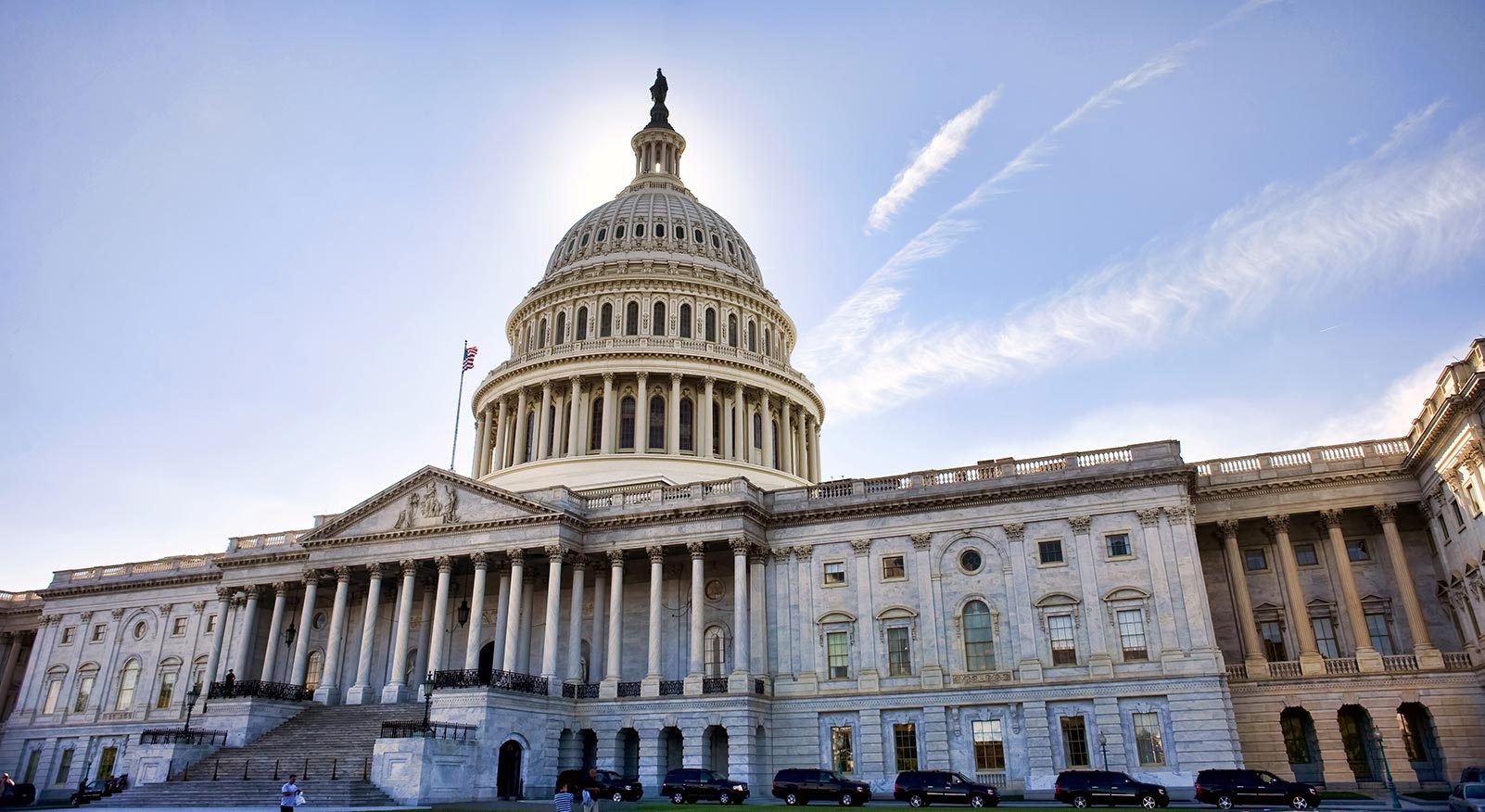
Senate HELP Committee Approves Bipartisan Bill to Reduce Health Care Costs, Drug Pricing Transparency
June 27, 2019
On June 26, the Senate Health, Education, Labor and Pensions Committee (HELP), approved by a bipartisan vote of 20-3, the Lower Health Care Costs Act of 2019 (see Roll Call article), which addresses a wide array of issues from prescription drugs to surprise medical bills. Senator Mitt Romney (R-UT) serves on the HELP Committee and` voted in favor of the measure.
In a press statement, committee chairman, Lamar Alexander (R-TN), said, “This legislation helps Americans in three major ways: It ends surprise billing, creates more transparency, and increases competition to bring down prescription drug costs.”
During committee consideration of the legislation, the panel voted 16-7 to adopt an amendment offered by Senators Tammy Baldwin (D-WI) and Mike Braun (R-IL), that would require drug companies to disclose certain information about a drug to the federal government. Specifically, the amendment, based upon the Fair Accountability and Innovative Research (FAIR) Drug Pricing Act, would require drug manufacturers to submit a justification report to the U.S. Department of Health and Human Services (HHS) 30 days before they increase the price of a drug, if the price of a drug over $100 increases by more than 10% in a year or by more than 25% in three years. The report would also have to provide information on the drug’s net profits, as well as research and development and advertising costs. Alexander opposed the amendment, but indicated that he would work with Baldwin to clarify the reporting requirements as the bill moves forward.
Other drug pricing provisions include banning Pharmacy Benefit Managers (PBMs) from charging more for a drug than the PBM paid for the drug. In addition, there are a number of provisions aimed at promoting generic and biosimilar drugs. For instance, the legislation contains the Creating and Restoring Equal Access to Equivalent Samples (CREATES) Act. The CREATES Act seeks to bring generics and biosimilars to market faster by establishing a private cause of action, which would allow a generic/biosimilar product developer to sue a brand drug manufacturer to get samples of brand drugs in a timely manner. Developers of generics and biosimilars need samples to conduct certain comparative testing required by the U.S. Food and Drug Administration. Concerns have been raised that some brand name manufacturers improperly restrict access to such samples.
Senator Romney has said that the cost of prescription drugs is an area in which we can help the American consumer. In May, Romney introduced the Prescription Drug Rebate Reform Act, which would require that an individual’s co-insurance be tied to the net price, rather than the list price list of the drug. This would ensure that negotiated price rebates and other price concessions are passed onto to the patient.
The HELP legislation could reach the Senate floor as early next month, and perhaps be packaged with proposals from other committees. The Senate Finance and Judiciary Committees will likely address drug pricing issues under their jurisdictions, which could include out-of-pocket drug costs under Medicare and drug patent practices, respectively.